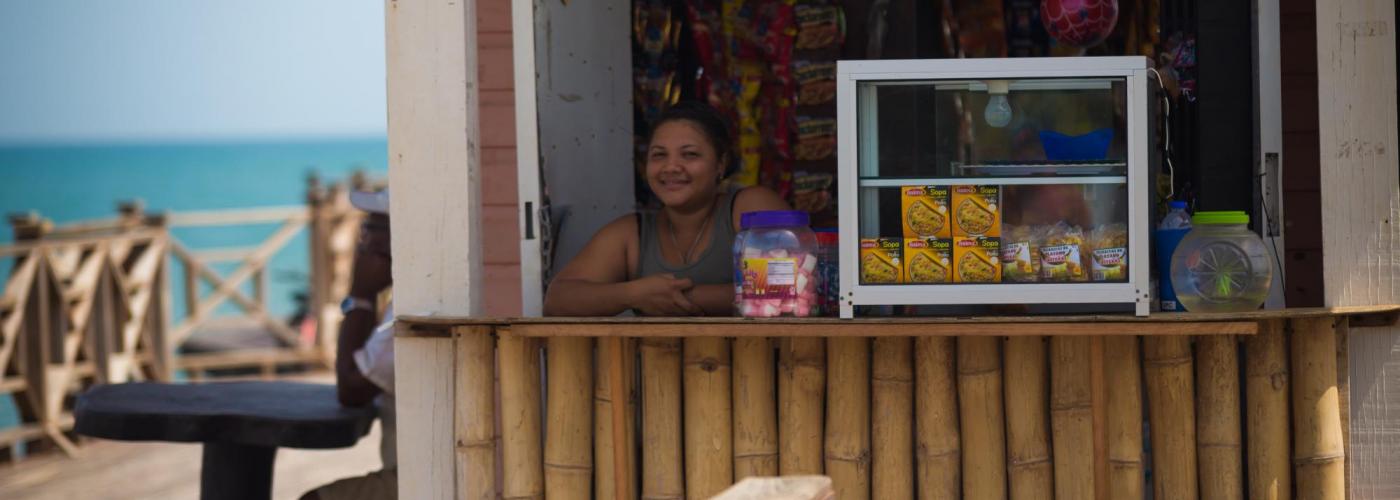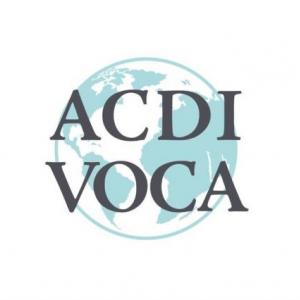How to Revive the Tourism Sector in Honduras
Image

Tourism in Honduras accounts for about 6.5 percent of the country's GDP. To slow the unfolding damage of COVID-19 on the tourism industry, public and private-sector representatives came together (virtually, of course) to chart a new path ahead. Together, they formed a national tourism table to lead the COVID-19 response.
An important ally in this effort has been the USAID/Honduras Transforming Market Systems (TMS) Activity, implemented by ACDI/VOCA. As the crisis struck, the TMS Activity team quickly pivoted their operations to gather data on COVID-19’s impact on local businesses. With this data and the trust built throughout years of working in Honduras, the national tourism table invited the TMS Activity’s tourism component director to serve on the table.
Making the Case for Financial Assistance to Small Businesses
The table includes representatives from hotels, airlines, car rental companies, tour operators, regional and national tourism boards, and destination representatives. It is co-chaired by the minister of tourism and the president of the National Chamber of Tourism of Honduras.
These representatives first offered support to the country through the use of hotel rooms, conference centers, catering services, and manpower. Then, the TMS Activity member and others presented the data to the Honduran government and the International Development Bank. Upon learning that most businesses will close within three months if they do not receive emergency financial assistance, both parties were quick to act.
Honduran Government Approves Stimulus Plan
On May 1, the Honduran government approved the first phase of the national tourism table’s plan to support the estimated 250,000 employees currently suspended from their jobs due to COVID-19. This phase included paying employees a minimum monthly salary of 6,000 lempiras, or US$240, for six months through a combination of business and government funds. Currently, safety net funds are available to only about 40 percent of employees in the tourism industry. This phase also included making those funds available to all employees.
To provide access to these funds, members recommended that the National Chamber of Tourism register all tourism businesses through an online portal. In the first month, employees of registered companies will receive immediate payment, but, to receive continued funding, employees must take online classes offered through the National Chamber of Tourism, the Honduran Tourism Institute, and the National Institute of Professional Training.
Positive Disruption: Modernizing Honduras’s Tourism Industry
With Honduras’s tourism infrastructure not up to international standards, the current crisis provides an opportunity to modernize while business is at a standstill. The national tourism table is forming committees within each sector of tourism to create online courses to help modernize and move businesses toward e-commerce.
Data gathered by the TMS Activity also illuminated systemic issues within the country’s financial system, namely that most companies lacked the required credit history to secure bank loans. For that reason, the TMS Activity is offering credit assessor guidance, upon request, to help businesses quickly update accounting systems and record books and make loan requests. This will be coupled with finding alternative measures for determining credit history and negotiating with lenders to increase the availability of loans.
A “New Normal” for Travel
As restrictions ease and people around the globe begin to envision traveling again, Honduras will be well-positioned to market the improvements it made during the crisis. Undoubtedly, travelers will have new expectations around health and safety protocols, communications systems, and online functionality. The online courses aim to differentiate Honduran tourism and make it a preferred destination for future travelers.
As the COVID-19 outbreak continues, the national tourism table is now making plans for the next phase of recovery. This will include offering public services, providing more financial relief to businesses, and proposing legislation to alleviate some tax requirements.


